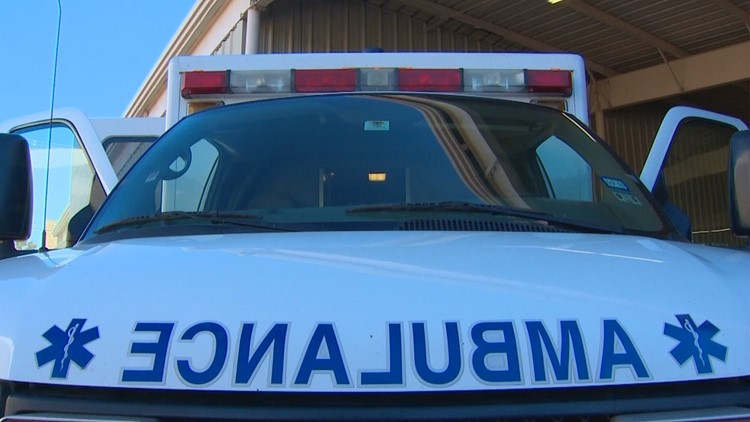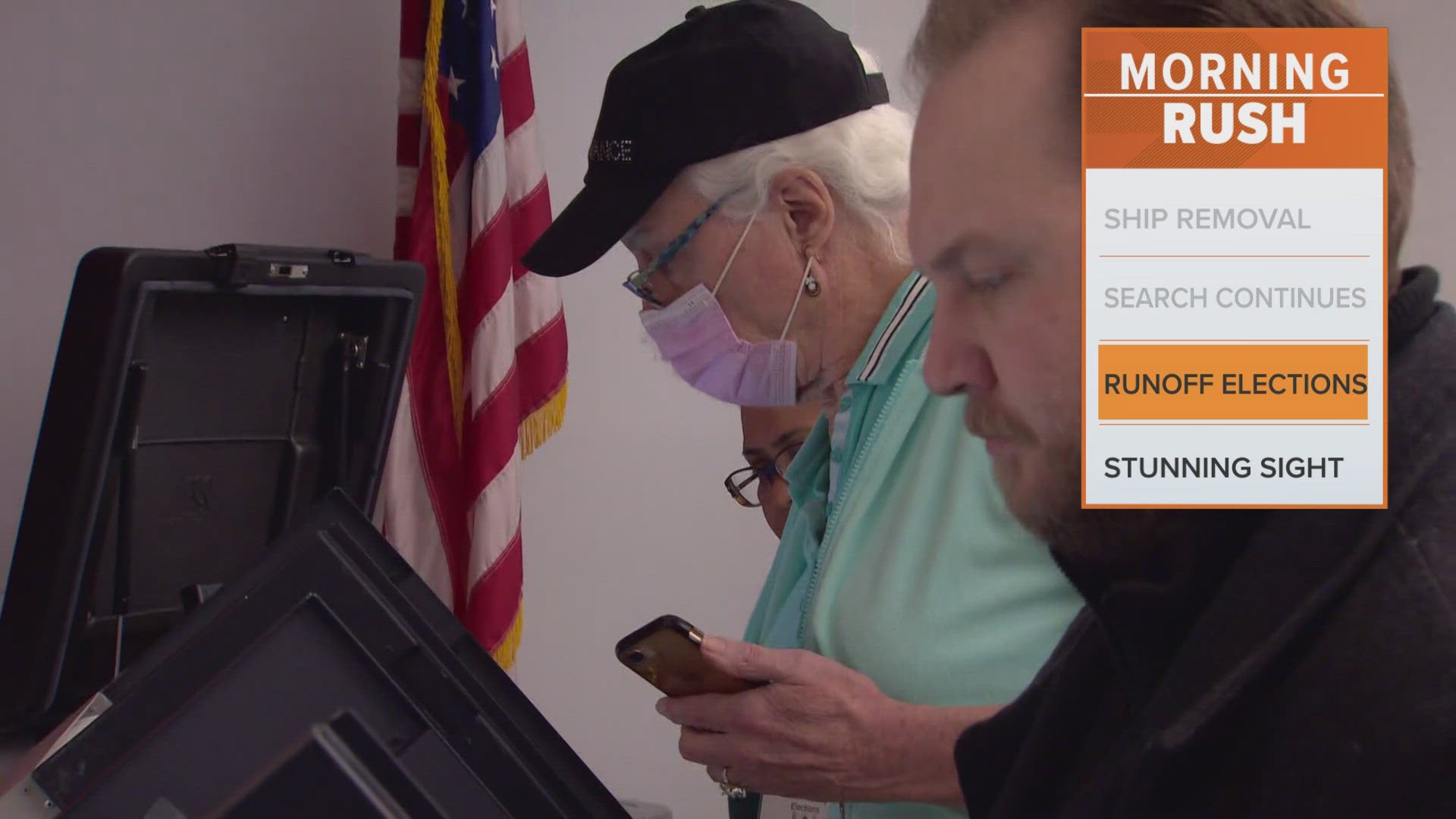DALLAS — To Dallas County Judge Clay Jenkins, it feels like 2014 again when Ebola pushed Dallasites to the edge of panic.
The first traveler to return to the United States with the disease was hospitalized at Texas Health Presbyterian Hospital. Two nurses contracted the disease after frequent contact with the man. The patient died, but both nurses survived.
“A lot of what we did in Ebola became the blueprint for future outbreaks. I get phone calls daily now. And monthly up until now,” Jenkins said.
In fact, Jenkins says many of the steps Dallas-area officials used during Ebola are now part of the CDC’s playbook for outbreaks.
That response is informing the local response to COVID-19.
Listen to the latest episode of Y'all-itics
Or subscribe wherever you get your podcasts:
Jenkins says federal leaders are making a crucial mistake during their coronavirus response. Currently, all messaging, whether from scientists or officials, must be coordinated with Vice President Mike Pence’s office before being disseminated. The county judge hopes that quickly changes.
“We need transparency. Transparency is a way you keep people calm," said Jenkins. "When you put things through a centralized, political spin machine, that’s the opposite of transparency. It leads to more angst with people and it makes our jobs tougher.”
Jenkins is also Dallas County's homeland security and emergency management director. As such, he cautions the public against overreacting.
Be prepared, he says, but don’t start panic-buying. That can lead to critical shortages in the supply chain, which can ultimately keep first responders and medical professionals from being able to protect the public and protect themselves.
During the Ebola scare, Jenkins says he actually had to ask the military for more gloves because they were out of stock everywhere after the public and other cities began snatching them up.
And he says everyone, from families to businesses, needs to come up with a plan if their community is hit hard by coronavirus. The judge stresses that it all goes back to staying calm and making good decisions, so plan for an actual outbreak and plan for the panic.
“Just as you don’t go get in the bathtub in Dallas if there’s a tornado in Waco… if we did have one sick person that was contained at one hospital in the metroplex, it does not mean all the schools need to shut down,” Jenkins said. “When people are panicked, they rarely make good decisions. And so, they decide, for instance, to hoard medical supplies.”
And sometimes, the lessons from Ebola were personal.
Like the time Jenkins visited family of the Ebola patient without wearing protective gear. He was trying to convince them to move into a new home and he thought that would be easier if he wasn’t wearing a spacesuit.
But he never told his wife and she saw it all unfold on television while attending a school fundraiser.
“She came out of the house when I got home at 10 o’clock that night like J.J. Watt on an unprotected quarterback," said Jenkins. "She was at the window of my truck banging on the window. The lady across the street came out to ask my wife if she was okay. And I was like, 'Is she okay? I’m the one about to get killed.'”
It’s a mistake the judge says he’ll never make again.



